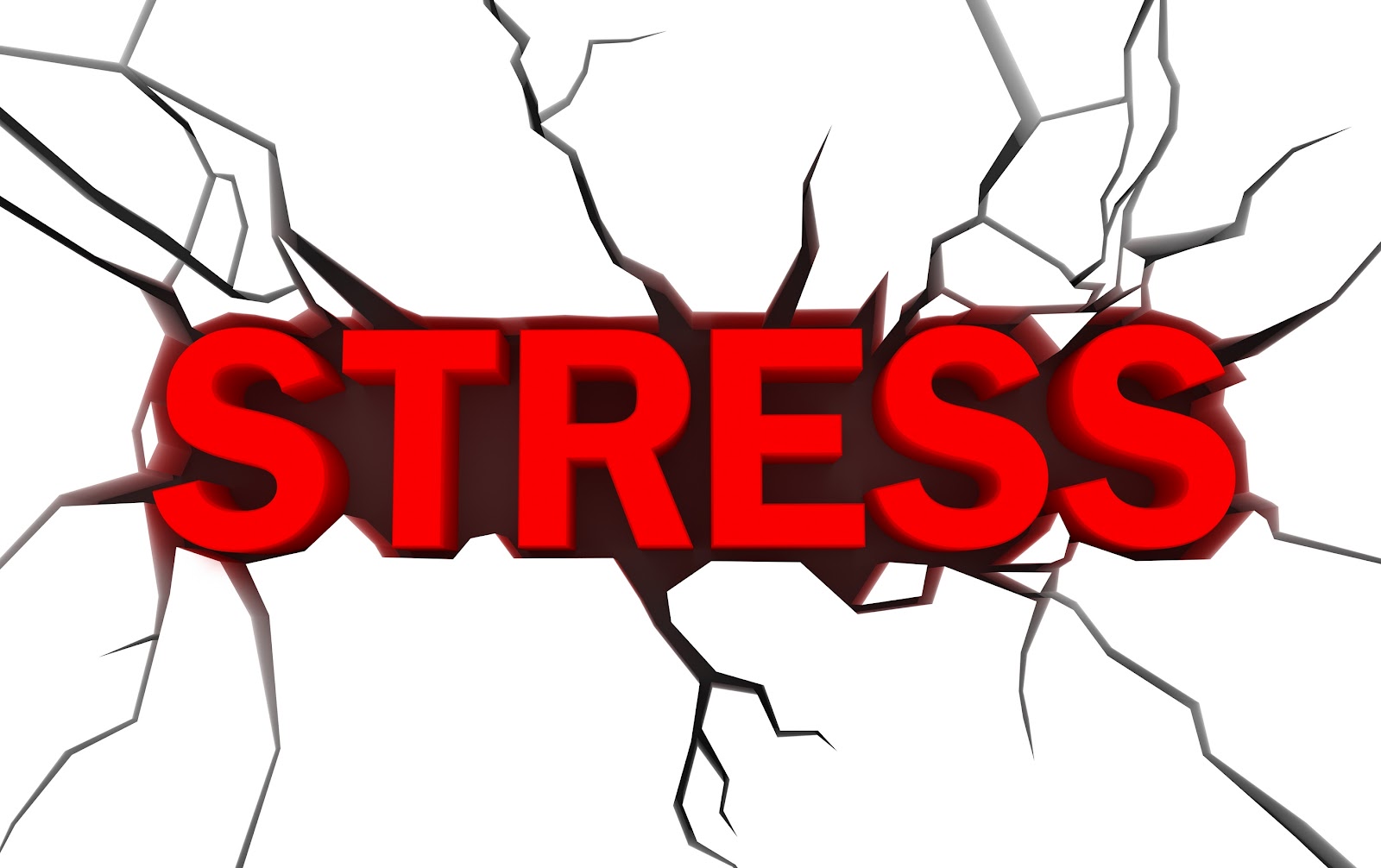People - real children, adolescents,and adults with disabilities are dying by the hands of mothers,
fathers, and trusted caregivers.
THIS IS UNACCEPTABLE!
We
cannot stop the madness, however, without first having a
conversation about a system failure. But that broken system may not
be about what you think it is.
- It is not about finding better treatment for disabilities.
- It is not about finding cures for disorders.
- It's not even about finding better supports for the disabled.
- It is certainly not about pity for caregivers.
Mental health and social supports for
managing stress are missing or inadequate, especially in the United
States, and that needs to change.
Mismanaged stress is causing caregivers to kill their loved ones; it is not really about the victim at all.
Mismanaged stress is causing caregivers to kill their loved ones; it is not really about the victim at all.
"Care recipients may also be at risk for encountering abuse from caregivers when the recipients have pronounced need for assistance and when caregivers have pronounced levels of depression, ill health, and distress" (http://www.apa.org/pi/about/publications/caregivers/faq/well-being.aspx).
Stress is not always a bad thing,
despite public perception. A little bit of anxiety can actually
improve performance, for instance. It is when stress hits a certain
threshold that it becomes detrimental to our health. When stress
becomes chronic our health and well-being are in trouble.
US culture ingrains that we should be
autonomous - self reliant and sufficient. Add to this mess a stigma
applied to mental health issues. US culture uses the word "stress" like
we use ketchup - it's applied to everything. But when someone is
chronically stressed, the subject suddenly becomes taboo.
So what do we do? Do we continue to
blame the victim - a very disturbing current media trend? Do we
continue to blame the non-specific "system" for failing to
prevent the murder? No, we need to take ownership of the problem - we ARE the system.
We (you and me) aren't doing enough to
learn how to manage stress and care for our own health.
Ineffective "sedentary behaviors like listening to music (48 percent), reading (40 percent) or watching television or movies for more than two hours per day (34 percent) are strategies used for managing stress" (http://www.apa.org/news/press/releases/2013/02/stress-management.aspx ).
"...caregivers are less likely to engage in preventive health behaviors than non-caregivers and thus neglect their own health" (http://www.apa.org/pi/about/publications/caregivers/faq/well-being.aspx)
Health care professionals are not doing
enough to help identify and treat those with chronic stress.
"Overall, 53 percent of Americans say they receive little to no support from their health care provider in managing their stress" (http://www.apa.org/news/press/releases/stress/2012/report-summary.aspx ).
Health care insurers aren't doing
enough to ensure people have realistic access to care for managing
stress. Some insurers are skirting the new Affordable Care Act's
Parity Laws
(http://www.apapracticecentral.org/update/2011/03-31/parity-law.aspx).
And our country, as a whole, isn't
doing enough to ensure it's people have access to social supports.(http://www.ncbi.nlm.nih.gov/pubmed/22824248).
It is time to change the conversation
to one of which is about all of us. It is time to take ownership of
our own stress as well as the "system" in which we all play a part.
Only then, will the madness cease.
